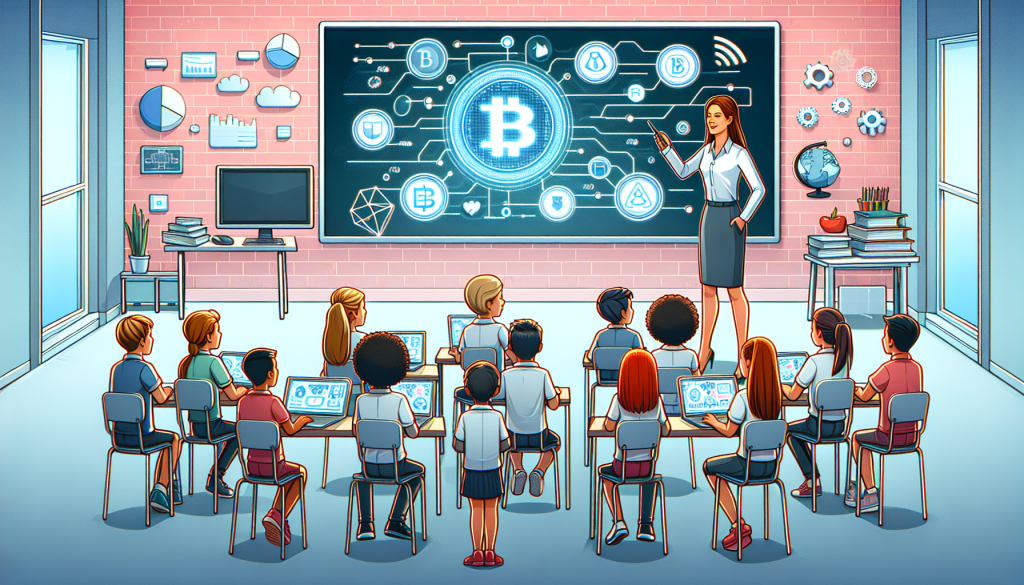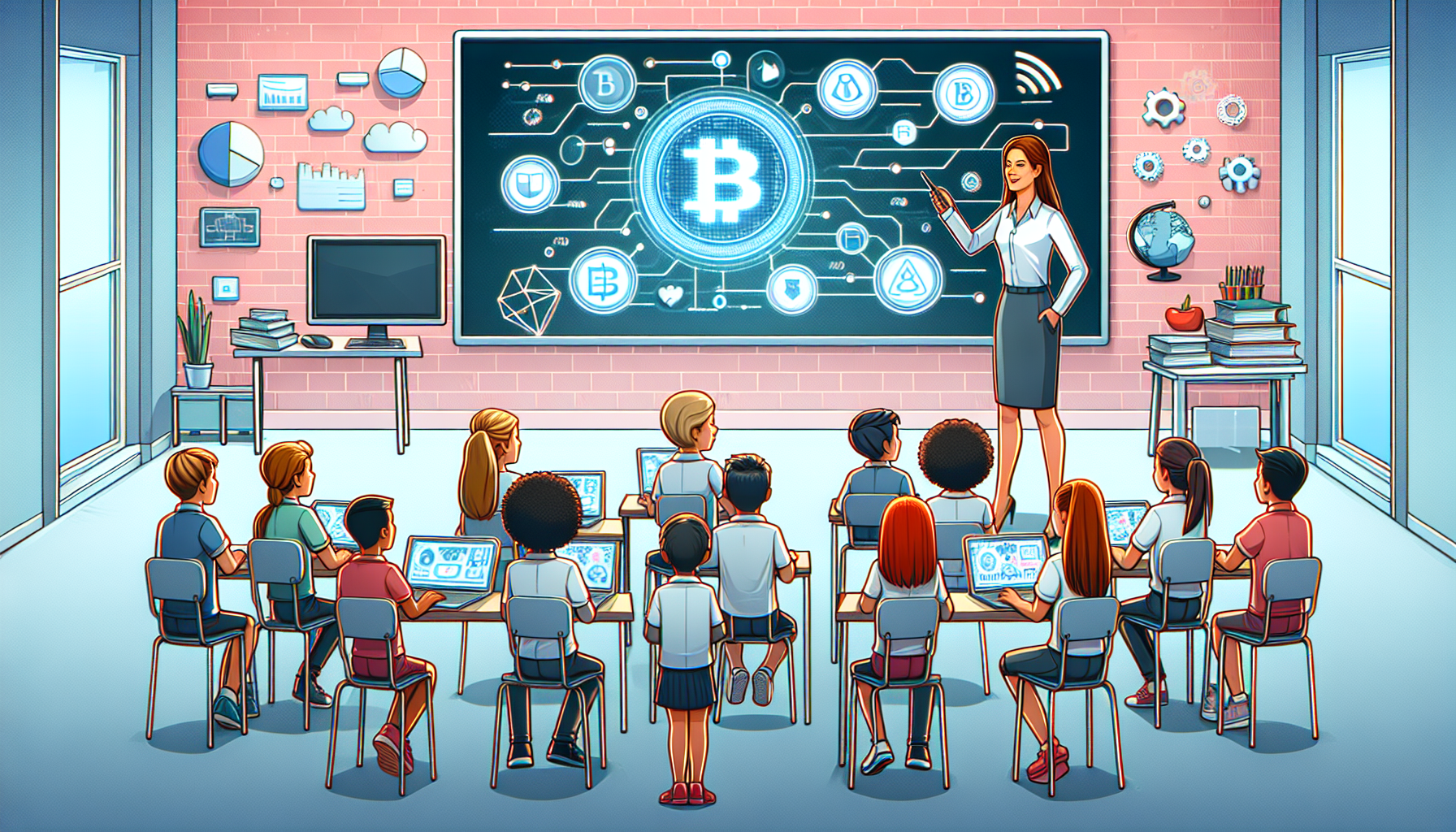/ Mar 04, 2026
Trending


In recent years, the integration of blockchain technology into various sectors has sparked significant transformation, redefining operational frameworks and enhancing efficiency. Among the latest fields to embrace this innovation is education. As blockchain transcends its traditional confines of cryptocurrencies, its application in educational contexts presents promising opportunities for students, educators, and institutions alike.
Blockchain technology offers a decentralized, transparent, and immutable ledger system. These features are particularly advantageous in educational settings, where issues of trust, data storage, and verification are paramount. A prominent application is in the realm of credential verification, where blockchain can securely and accurately store academic records and achievements.
One of the most transformative facets of blockchain in education is credential verification. With instances of qualifications being falsified, a blockchain-based system ensures the authenticity of academic records. Institutions can issue blockchain-backed digital credentials, simplifying the verification process for employers and reducing fraudulent claims.
Non-fungible tokens (NFTs), a blockchain derivative, are gaining traction in education to create digital collectibles that enhance the learning experience. NFTs offer a novel way to engage students by converting achievements and learning milestones into digital tokens, which can be stored in decentralized wallets and displayed as badges in digital portfolios.
With NFTs, students obtain a sense of ownership over their educational journey. This tangible demonstration of their skills and achievements fosters greater engagement and motivation. Additionally, NFTs can revolutionize content creation and sharing, enabling educators to tokenize unique educational materials, thus introducing new revenue models for creators.
Blockchain can also streamline curriculum development and sharing. By leveraging decentralized platforms, educational institutions can collaborate globally, ensuring that content is not only standardized but also enriched with diverse perspectives.
The transparency and traceability offered by blockchain facilitates collaborative efforts among educators from different regions, fostering an environment where learning materials are continuously updated and accessible. This ensures students receive current and contextually relevant education, preparing them better for a globalized world.
While mainstream cryptocurrencies like Bitcoin and Ethereum dominate the headlines, the educational sector has the potential to benefit from lesser-known cryptos as well. Digital currencies such as Cardano (ADA) and Solana (SOL) are increasingly being adopted for educational purposes, particularly in underbanked regions where traditional financial systems are less accessible.
Projects like Cardano aim to provide scalable, secure, and sustainable blockchain networks. Their integration into educational systems can lead to the development of decentralized educational initiatives that increase accessibility to quality learning resources.
The convergence of blockchain technology and education is not merely a trend but a fundamental shift in how educational processes are conceived and delivered. By addressing critical challenges in credential verification, engagement through NFTs, and decentralized curriculum development, blockchain paves the way for a more dynamic, transparent, and equitable educational landscape. As institutions continue to explore these technologies, the potential to transform education on a global scale becomes increasingly within reach.
Stay ahead with Blockchainooz! Get daily updates on industry insights, market trends, and innovative blockchain technology—all in one place. Perfect for enthusiasts and investors looking to make informed decisions in the ever-evolving world of blockchain and crypto.